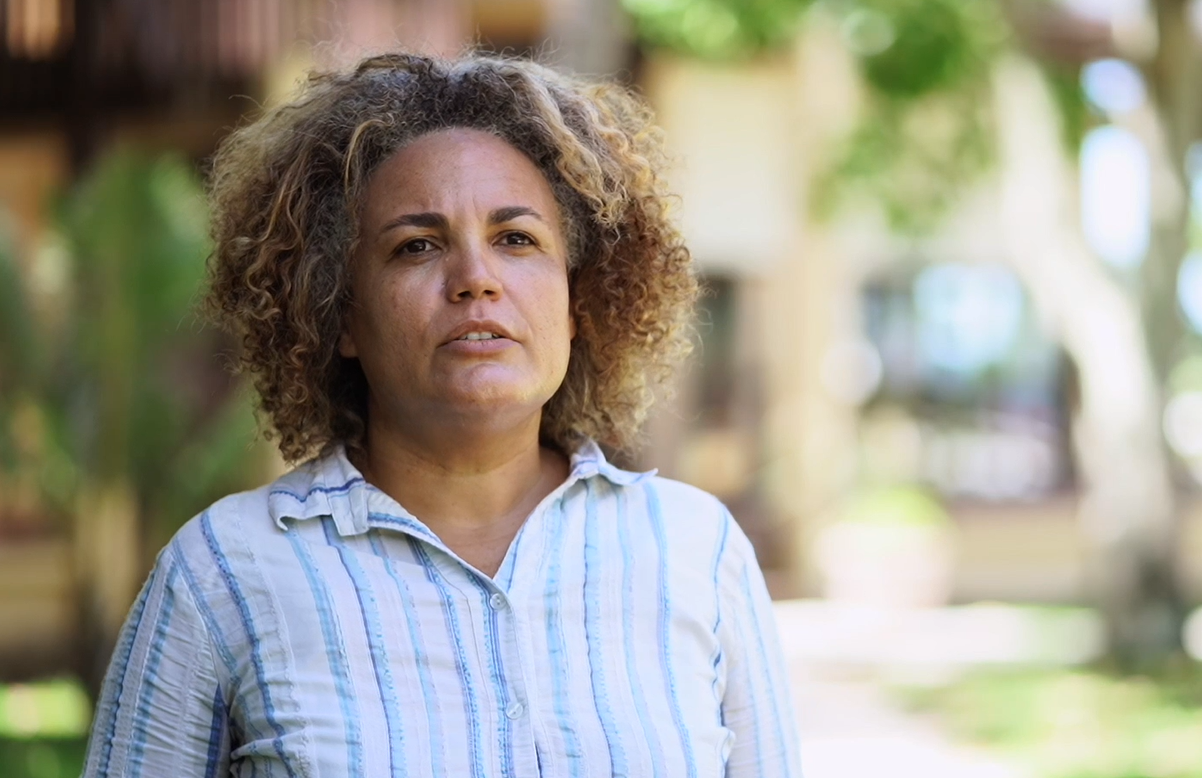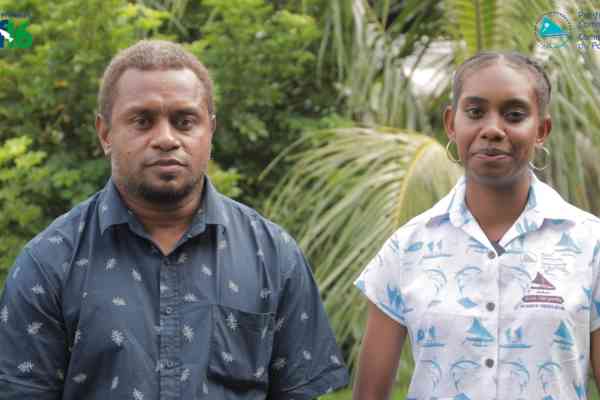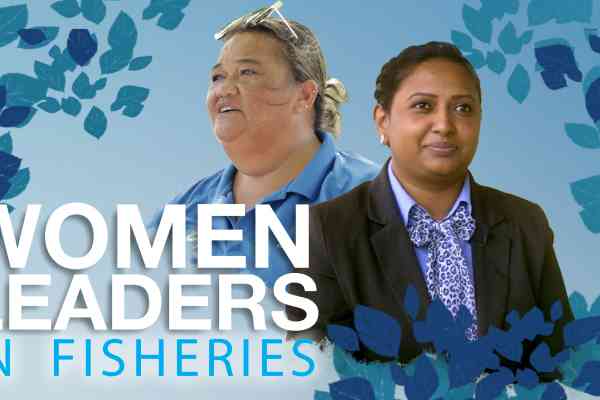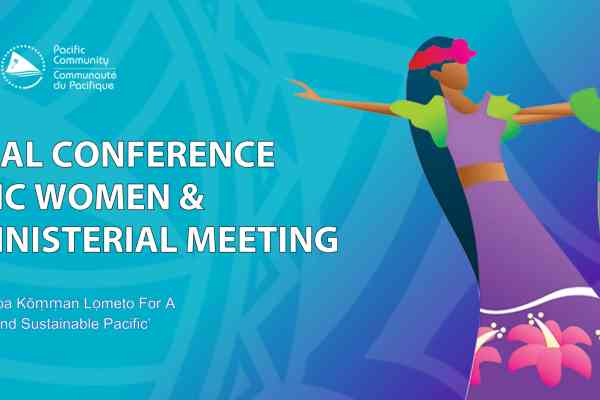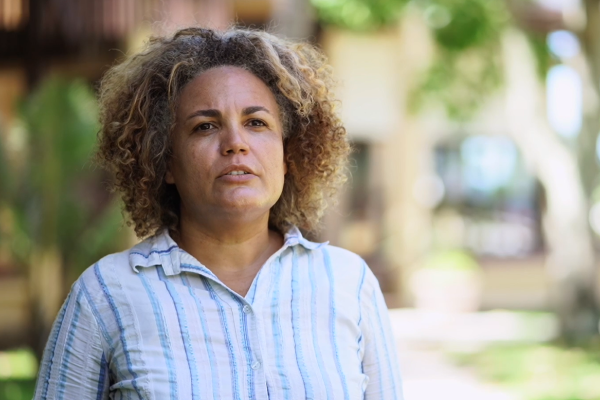On this 8 March - International Women’s Day - the Pacific Community (SPC) highlights two extraordinary women who have chosen to defy convention by embarking on a path that is still too often reserved for men: agriculture. Françoise Henry, who grows organic fruits and vegetables in Taravao, French Polynesia, and Julia Ravillon, a nursery owner and watershed coordinator in Houaïlou, New Caledonia, embody the commitment and resilience of the women in this sector.
According to FAO, women represent 43% of agricultural labour worldwide, rising to 60% in developing countries. However, these figures must be qualified and only sometimes reflect an equitable sharing of responsibilities and benefits between men and women in the agricultural sector.
In five Pacific countries (Fiji, Samoa, Solomon Islands, Tonga, and Vanuatu), although women play an essential role in agriculture and rural livelihoods, their contributions often need to be considered. So, while women take on a significant share of farm work, in most cases, men are considered the head of the farm and receive the financial benefits of farming.
In addition, while agriculture policy frameworks include certain commitments to gender equality, resources are not systematically allocated to implement these policies.
Farming is then often perceived as physical work - demanding, poorly paid and not highly valued. But Françoise and Julia have shown that determination and perseverance have nothing to do with gender. In French Polynesia, Françoise Henry is developing innovative agroecological practices. She has set up a mobile henhouse that promotes soil enrichment and provides natural soil insect control. Even so, she talks about the difficulties of her work. As president of the Bio Fetia association, which brings together organic farmers in French Polynesia, she is also a woman leader in structuring the agricultural sector.
“Being a woman in agricultural is complicated, given that this field is often associated with demanding physical work. However, it also requires a combination of reflection and resilience. Women represent the essential foundations of life. Their commitment and resilience help them to overcome obstacles. We shouldn’t be afraid to take the plunge.”
In Julia Ravillon’s case, her passion for coordinating and protecting watersheds and water catchment areas by restoring forest cover in Houaïlou, New Caledonia, has won her well-deserved recognition. For Julia, planting tree is not a mere action but reflects a deep commitment to life and to protecting our environment.
“Planting isn’t just about planting trees – it’s about giving them all you’ve got so that they can survive. Once they’re planted, you can’t undo what you’ve done. Women know that a child cannot survive on its own.”
In a traditionally male field, these two women believe in a future where gender equality and sustainability can be achieved. Their activities are supported by the PROTEGE project, funded by the European Union and implemented by the Pacific Community, which emphasizes a policy of corporate social responsibility focused on gender equality.
